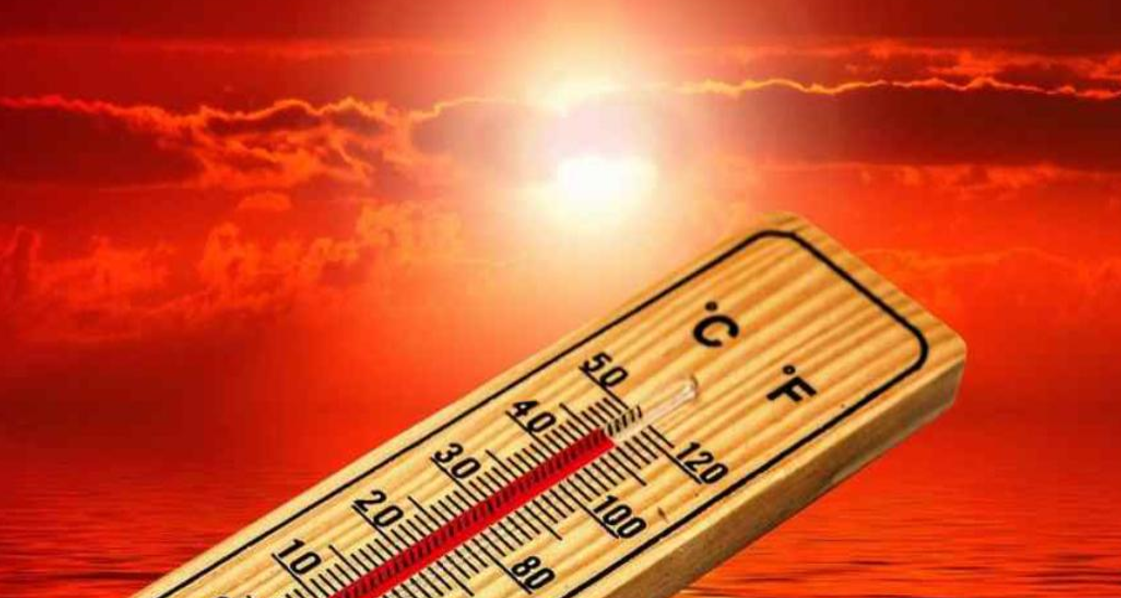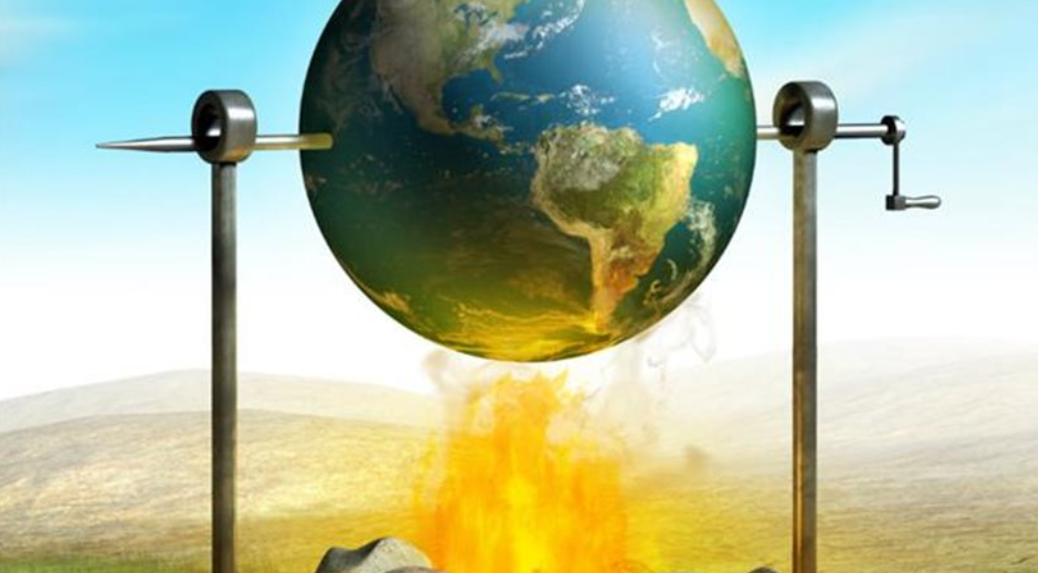By Polina Pallieraki,
Since the early days of summer, it has been observed that most of our country is plunged in heatwave conditions, which has led to the discussion about the effect of climate change. And just to be clear, heatwaves are extreme weather events that cause the most weather-related deaths worldwide. In the summer of 2022, in Europe, high temperatures caused the death of 61,672 people, with Greece coming in second place, with 280 deaths per million inhabitants. According to predictions, heatwaves are going to become a more frequent phenomenon, as well as grow in intensity, due to climate change. Now let’s examine how climate change affects heatwaves:
As already mentioned, the increased frequency of heatwaves is imminent, as global temperatures constantly rise. Heatwaves, once considered rare or unprecedented, may now occur with greater regularity. Plus, elevated concentrations of greenhouse gases are trapping more thermal energy in the atmosphere, resulting in higher overall temperatures, which are likely to endanger human health, animals and entire ecosystems. As far as the duration of heatwaves is concerned, instead of persisting for merely a few days, these extreme heat events can now go on for weeks or even months, leading to prolonged periods of intense heat. Of course, this phenomenon is expected to negatively impact agriculture, water resources and human welfare.
It also appears that climate change is broadening the geographical range of heatwaves, spreading to regions that previously only experienced very few heatwaves. This geographic expansion poses significant challenges for areas unaccustomed to extreme heat, including the strain on vulnerable and inappropriate (for such temperatures) infrastructure and increased demands for emergency services, which may not be adequate in such cases.

The health risks associated with extreme heat, such as heat exhaustion, heat stroke and the exacerbation of pre-existing medical conditions, are even more prominent and life-threatening during the newly prolonged heatwaves. With the increasing frequency and intensity of heatwaves, these health hazards are expected to rise. Vulnerable populations, including the elderly, children and individuals with pre-existing health issues, are particularly at risk.
In conclusion, heatwaves can inflict severe damage on human health and ecosystems alike. They induce heat stress and mortality in flora and fauna, disrupt ecological processes, and heighten the risk of wildfires. Variations in the intensity and duration of heatwaves can also affect plant phenology and diminish biodiversity. It is evident that heatwaves represent one of the most immediate and conspicuous manifestations of climate change. Their escalating frequency, intensity and geographical expansion present serious threats. Vulnerable populations and natural habitats are particularly susceptible to the ramifications of extreme heat. Addressing climate change necessitates unified global action to curtail greenhouse gas emissions and enhance the resilience of our societies and ecosystems. For that reason, political involvement and active participation in reversing climate change and its consequences is of the utmost importance. Comprehending the impacts of heatwaves is a crucial initial step in formulating strategies to safeguard both human and environmental well-being.
References
- Καύσωνες και κλιματική αλλαγή. Climatebook. Available here
- Καύσωνας: Η κλιματική αλλαγή έφερε 26 επιπλέον ημέρες ακραίων θερμοκρασιών. in. Available here
- Καύσωνες: Πώς η κλιματική αλλαγή αναδιαμορφώνει την παγκόσμια οικονομία. ΟΤ. Available here




